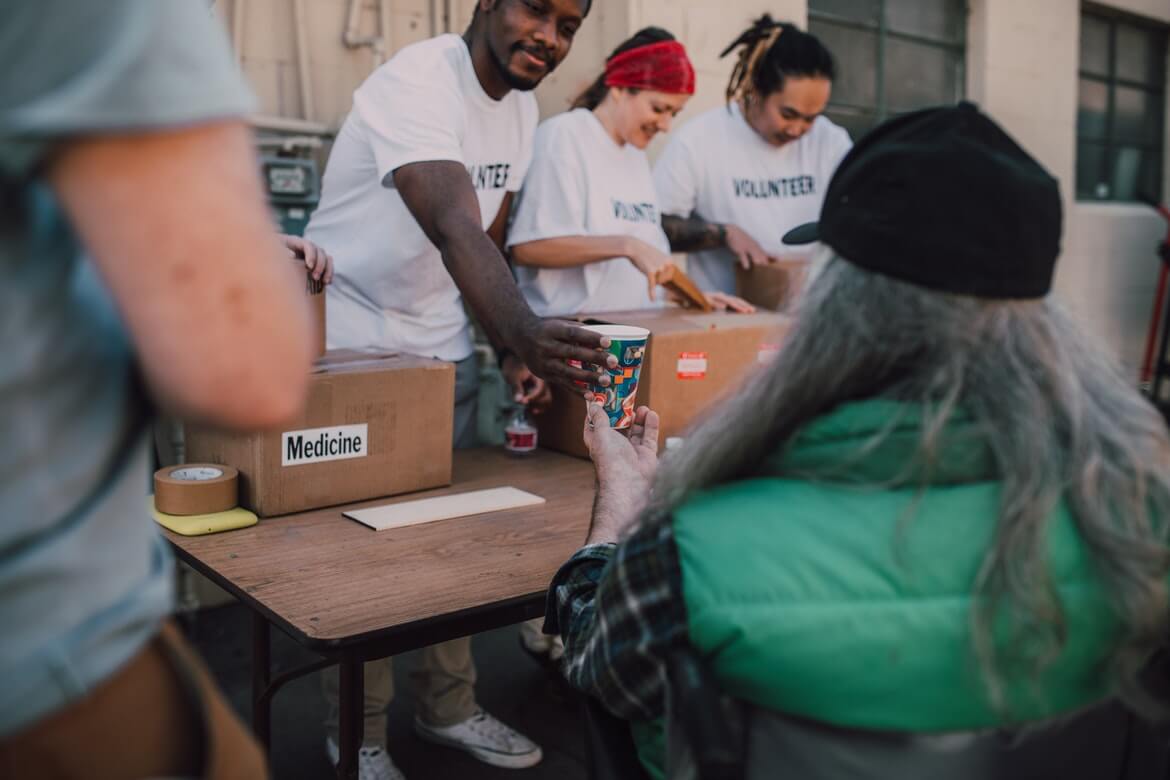On Tuesday 8th of September 2020, the famous Moria camp was consumed with fire. Thousands of refugees were forced to sleep rough on the street with no access to health and medical assistance and very poor access to food.
Paul, an asylum seeker from Congo RDC, was amongst the people who found himself forced to live on the streets. Paul has been waiting for his asylum to be granted for 16 months in Lesvos. On the 19th of September, Paul, along with every single person that was left in the street of Lesvos was moved into the new camp. Europe’s new largest hotspot has been built in a peninsula called ‘Akra Asfali’ which in Greek roughly translates as ‘Safe Extemity’. However, for asylum seekers, it feels the farthest thing from safe. Unlike the old camp, the new camp is lacking the space and capacity to hold extra activities such as schools, language classes and so on, that are supporting the refugee population in their mental health whilst living in these inhumane conditions.
From the old Moria camp to the streets of Lesvos, and now to the new camp, Paul’s testimony of life in the new camp gives us a first-hand account of new horrible living conditions asylum seekers suffer through on the island of Lesvos, Greece.
What was the process of moving from the streets of Lesvos to the new camp like ?
Paul: Moving from the street to the new camp, it was not easy. We had been just surviving in a inhuman place.
When I left the old Moria camp, I expected and hoped for more than what we experienced. I left the old camp full of stress and anxiety, with a fire behind me. 8 metre high.
Everyone was in distress, looking for their family members or friends. We all lost something, most of our material belongings got burnt. Losses and material damage for everyone, while we all had one destination in mind: the port of Mytilini, which is between the old camp and the centre of Mytilini. But unfortunately for us, the police came and intercepted us using truncheons. They used violence by throwing tear gas at us to stop everyone and prevent us from entering the city center. All this without taking into account the pregnant women, the mothers with their children that were amongst us. After these severe attacks, they started barricading roads to prevent people from moving forward. There were more than 12,000 people behind me who just had to abandon the camp that was on fire.
You could hear screams everywhere, chaos, disorders, people crying because of the tear gas in their eyes nobody could stand, all of this in the dark, late at night. It was so frightening I thought I was in hell on earth.
The next morning we tried to cross the barriers that the police had erected but they would not let us pass. They had no pity on us. We had no water to drink, nor food. Everything behind us all had gone up in smoke. People started to get dehydrated. After a few hours, MSF (Doctor Without Borders) came and they started giving first aid to pregnant women, children, and very vulnerable people. For the rest of us, everything we tried to do to help ourselves was met with no success. The police had surrounded us and we were trapped in one place. In the street we were trapped in all the shops and supermarkets were closed, even those of us with a little money to buy a few things to eat didn’t have access to anything. My friend and I looked for a way to get inside the city center, unfortunately, we did not succeed.
Read the full article here – https://rb.gy/is4flw






